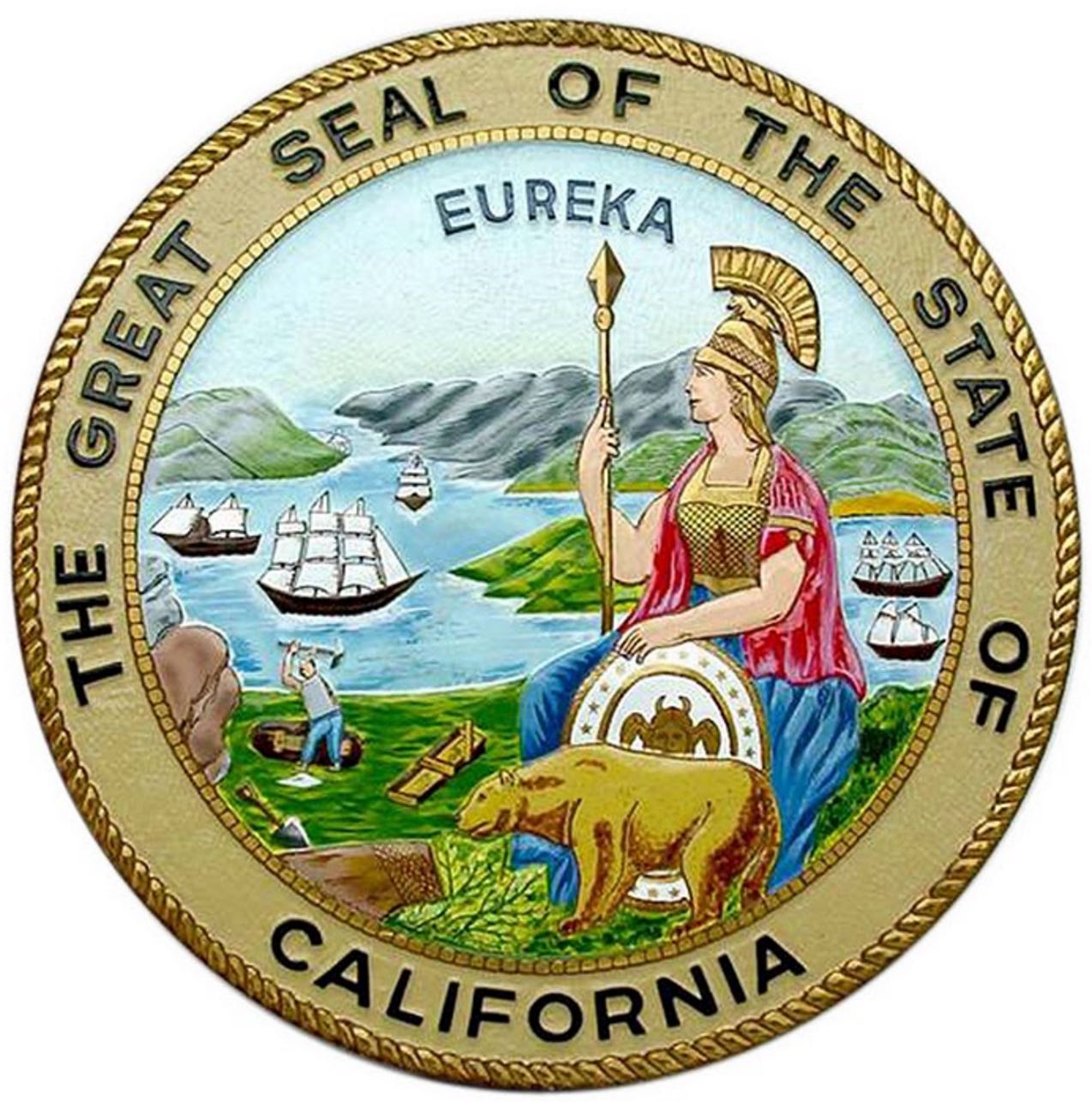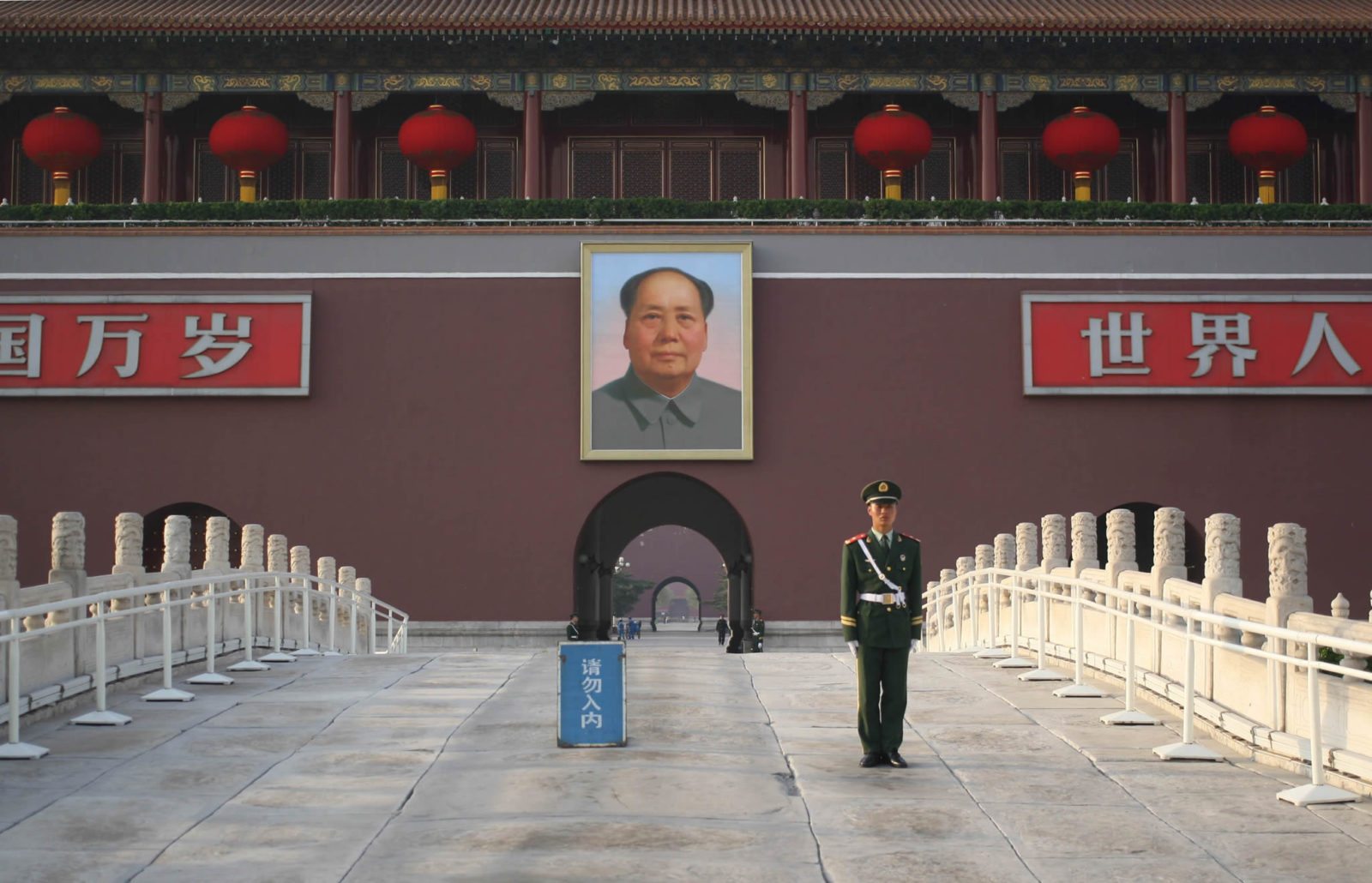Category: Acupuncture

The Golden State of Pseudo-Science
The state of California (CA) which is home to the most advanced education and research in biomedical sciences, computational biology, genomics and proteomics, etc, is also home to 19 institutions that have state-approved training programs in Traditional Chinese Medicine (TCM), a pseudo-medicine that is based on ideas and practices sourced by ancient cosmology, mythology, astrology, and a range of other pre-scientific beliefs that...
Oriental Medicine or Medical Orientalism?
The following is the second adapted excerpt of an upcoming article called “The Untold Story of Acupuncture.” It is scheduled to be published in December 2009 in Focus in Alternative and Complementary Therapies (FACT), a review journal that presents the evidence on alternative medicine in an analytical and impartial manner. This section argues that the current flurry of interest in acupuncture and...
James Reston’s Tooth of Gold
One of the fathers of critical thinking and skeptical inquiry, the French philosopher Bernard le Bovier de Fontenelle (1657–1757) recounts in 1687 in his Histoire des oracles–a debunking book on popular beliefs, myths and superstitions that caused tremendous stir in theological and philosophical circles of his time–a colorful story that could very well illustrate the flurry of interest and research in acupuncture...
Needles in the skin cause changes in the brain, but acupuncture still doesn’t work
I don’t recall if I’ve mentioned it on SBM before, but I went to the University of Michigan. In fact, I didn’t go there just for undergraduate studies or medical school, but rather for both, graduating with a B.S. in Chemistry with Honors in 1984 and from medical school in 1988. In my eight years in Ann Arbor, I came to love...
Acupuncture is astrology with needles
A guest post that demonstrates that acupuncture and astrology have a lot of things in common.
Incorporating Placebos into Mainstream Medicine
Alternative medicine by definition is medicine that has not been shown to work any better than placebo. Patients think they are helped by alternative medicine. Placebos, by definition, do “please” patients. We would all like to please our patients, but we don’t want to lie to them. Is there a compromise? Is there a way we can ethically elicit the same placebo...
Senator Tom Harkin and Representative Darrell Issa declare war on science-based medicine
In discussions of that bastion of what Harriet Hall likes to call “tooth fairy science,” where sometimes rigorous science, sometimes not, is applied to the study of hypotheses that are utterly implausible and incredible from a basic science standpoint (such as homeopathy or reiki), the National Center of Complementary and Alternative Medicine (NCCAM), I’ve often taken Senator Tom Harkin (D-IA) to task,...

‘Acupuncture Anesthesia’ Redux: another Skeptic and an Unfortunate Misportrayal at the NCCAM
A neglected skeptic Near the end of my series* on ‘Acupuncture Anesthesia’, I wrote this: Most Westerners—Michael DeBakey and John Bonica being exceptions—who observed ‘acupuncture anesthesia’ in China during the Cultural Revolution seem to have failed to recognize what was going on right under their noses. I should have added—and I now have—Arthur Taub’s name to that tiny, exceptional group. Taub, a neurologist and...

“Acupuncture Anesthesia”: a Proclamation from Chairman Mao (Part IV)
The Cultural Revolution After investigating ‘acupuncture anesthesia’ in the People’s Republic of China in 1973, John Bonica wrote: From the guarded comments made by several anesthesiologists, I concluded that this disuse [of ‘acupuncture anesthesia,’ after its introduction in 1958 until the Great Proletarian Cultural Revolution began in 1966] was the result of disappointing failures in a significant proportion of patients. During the...

“Acupuncture Anesthesia”: a Proclamation from Chairman Mao (Part III)
A Digression: The Politics of Chinese Medicine in the People’s Republic of China (The Early Years) *** A Partial Book Review: Chinese Medicine in Early Communist China, 1945-63: a Medicine of Revolution, by Kim Taylor Mao’s was a complex personality. He was by nature a control freak, highly secretive, quickly suspicious, ruthless in revenge. These were all personal characteristics that were to...

